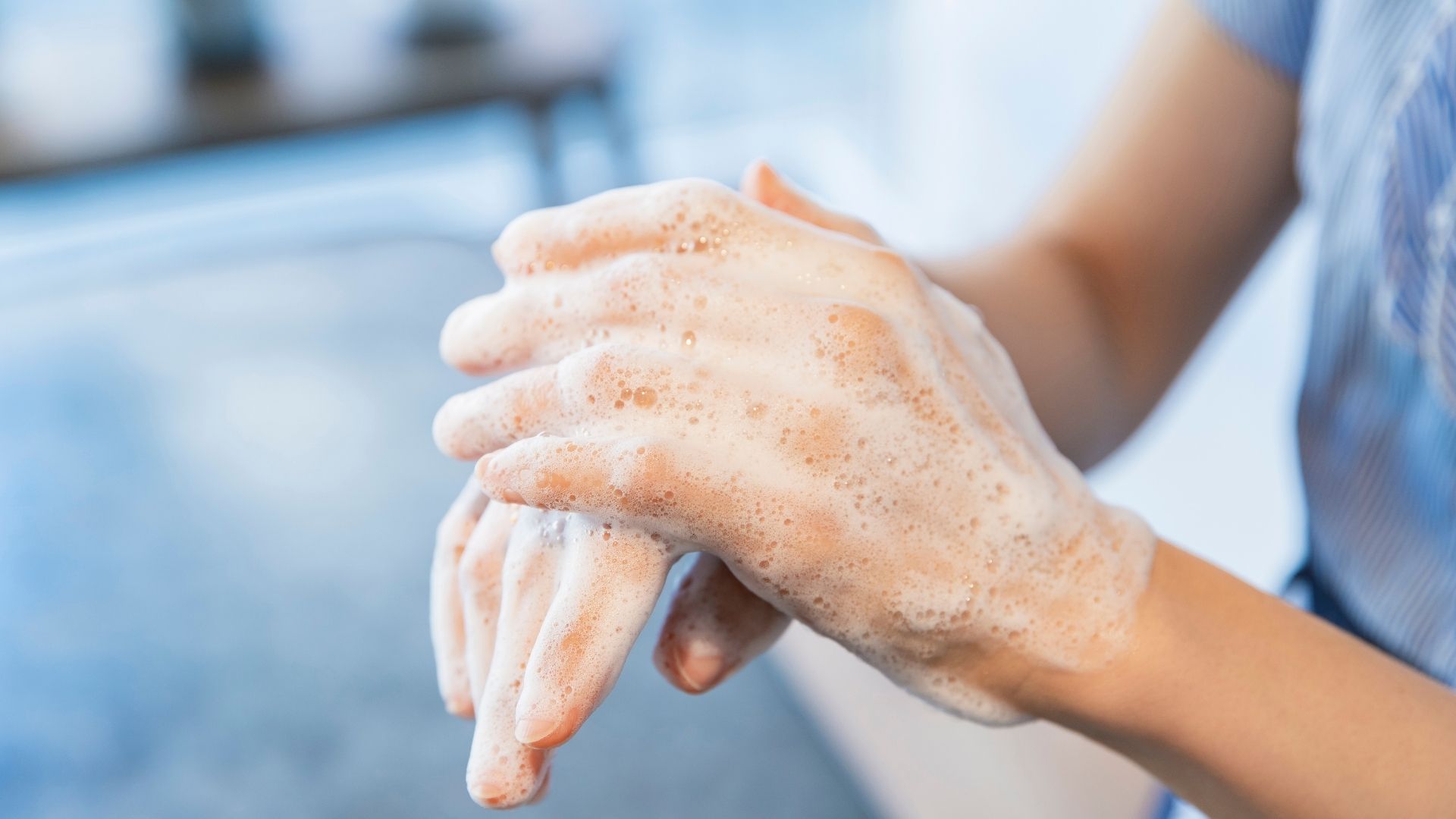Patient testimonials from the OCD and related disorders unit
The following testimonials are from patients who received treatment for OCD and related disorders at Nightingale Hospital.
- “When I entered Nightingale Hospital, my life was falling apart. My OCD was eating away more and more of my time and the physical strain of maintaining my rituals was slowly destroying my body. With this motivation, I settled into the OCD exposure tasks, and it was incredibly difficult and distressing for some weeks given the extreme nature of my condition. Little by little, I carved a way forward to a newer, more hopeful future that’s free from the crippling anxiety and depression that held me back for decades. If you enter the OCD unit willing to walk straight into the fire and give it your all the level of progress you can make will completely redefine your life. Have faith in the program and trust your therapist and consultant, because they do know how to help you beat this disorder, and make the most of your time in the hospital by befriending and learning from the other patients and their disorders. With this much support behind you, there is nothing you can not conquer. I’m living proof of that.”
- “This is such an amazing hospital. I was so apprehensive on arrival. I really felt that my OCD was out of control and I could not see how anyone could help me. I was so low in mood. The first week was hard trying to open up to the therapists, but they developed an excellent treatment plan for me and they soon gained my trust. They are extremely well qualified, kind, caring, and professional. Within no time I was fully committed to doing everything asked of me and my mental health improved greatly day by day. I cannot explain how thankful I am to the Nightingale Hospital and the OCD ward. I had my life back within no time and I will always be indebted to my time there. Give it your all. You can do it!”
About the OCD unit
The OCD and related disorders unit is a 6-bedded inpatient programme, dedicated to treating patients with OCD. It is a private and unique service, specialising in the intensive delivery of cognitive behaviour therapy (CBT) from leading experts. Although it is described as an OCD unit, it also provides treatment for OCD-related disorders such as body dysmorphic disorder (BDD), health anxiety and emetophobia (fear of vomiting).
The OCD inpatient unit is especially suitable for those with severe distress or disability due to their condition, requiring an intensive programme with nursing care. For some patients with OCD, outpatient care may not be effective enough to manage the severity of their condition.
Inpatient treatment on this unit would be most beneficial for patients:
- Whose level of risk in the community is too high, or handicap is too severe
- Requiring 24-hour nursing care
- With additional diagnoses such as depression, schizophrenia, or disordered eating, which may make outpatient treatment more complex
- Who have become housebound, have a reversal of their sleep pattern, or suffer from obsessional slowness so that attendance as an outpatient has become almost impossible
Unit philosophy
We believe that everyone has the potential to overcome their condition and increase the quality of their life, irrespective of what past treatment they have had or how long they have had their difficulties.
Our therapy is modelled on current research, is evidence-based and recommended by the NICE guidelines on OCD and BDD. We continually monitor our effectiveness using questionnaires, as well as feedback from patients and carers. We will continually update our therapy in line with research and feedback.
Our emphasis is for patients to discover alternative ways of thinking and behaving, and to learn about their problems to maintain a long-term change. The focus will be on learning to tolerate anxiety, rather than resorting to medication.
We expect patients to be prepared to face their fears and learn that by doing so, they can change their life for the better. We aim to provide a safe, caring, and supportive environment for inpatients to do this.
The unit is a therapeutic community. We encourage each person to share, learn, support, and strengthen each other in making the difficult changes necessary to move forward.
Treatment team
The specialist multidisciplinary team leading the service is under the direction of Professor David Veale (Consultant Psychiatrist, Lead consultant psychiatrist for OCD and related disorders at Nightingale Hospital). The team also consists of one other cognitive behavioural therapist, nursing staff, a ward manager, two ward doctors, an occupational therapist and usually psychology or nursing students.
Therapy programme
Patients will be exposed to an intensive therapy programme, focusing on cognitive behaviour therapy (CBT). Patients will receive three individual sessions of CBT a week by a specialist therapist, accredited by the BABCP. In addition, patients are supported through individual exposure tasks by nursing staff and psychology students.
What is exposure therapy?
The core of treatment consists of exposure therapy. Exposure is popularly described as ‘facing one’s fears’, however, it’s much more than this.
Exposure therapy means:
- Planning to face fears deliberately and repeatedly (i.e., it’s not the same as being triggered accidentally)
- Not responding to fears with compulsions or safety behaviours
- Exposing oneself to fears at high enough levels of anxiety, and for long enough so that one can learn to tolerate the anxiety. Anxiety may not reduce when exposed to the fear, but the anxiety lessens when you repeat it again and again
- Testing out expectations. This is called a ‘behavioural experiment’.
In addition, patients will be required to participate in group therapy sessions. These give patients the opportunity to learn different skills (such as emotion regulation skills and how to be compassionate towards yourself during therapy). Groups provide opportunities to support other members of the community and learn from each other.
Occupational therapy
We have a specialised occupational therapist (OT) who will work with patients to develop occupational and leisure goals and set up specific activities for this. The OT will be able to advise patients on what activities will be helpful, or unhelpful for the patient.
Occupational therapy can help in many ways by:
- Giving a meaningful structure to one’s day
- Testing out fears within OT activities
- Helping to improve concentration and motivation
- Building self-esteem and confidence
- Practising being around other people
- Developing or maintaining practical life skills
- Building vocational skills and opportunities for volunteering and work experience
How can I be referred?
Patients may be admitted under the care of Professor Veale or another Nightingale Hospital Consultant Psychiatrist. However, there may be a waiting list and admission usually needs to be planned.
The therapy and nursing teams will thoroughly assess referrals prior to admission.
It may be suggested that patients are seen on an outpatient basis for a few sessions, prior to admission, so a treatment plan can be developed. This can be done remotely or if necessary, through a home visit(s). In some circumstances, patients may be admitted for a short period of assessment.
To enquire about this programme, please contact our Patient Services Team by filling out an enquiry form. Alternatively, you can telephone +44 (0)20 7535 7722.
If you are a GP or health professional, you can refer a patient to this programme by using our online referral form.
Related Conditions
Treatment approaches
Relevant specialists
-

Professor David Veale
Lead consultant for OCD and related disorders at Nightingale Hospital











